NIL
Florida Basketball Hosting No. 10 Player in Transfer Portal Soon
The Florida Gators are looking to reload their roster after winning the third national championship in program history. On3’s Zach Abolverdi reported Sunday that Florida is hosting Arkansas Razorbacks transfer Boogie Fland for a visit this week. Fland declared for the 2025 NBA Draft but withdrew his name on Tuesday. Advertisement Advertisement Advertisement Florida won […]
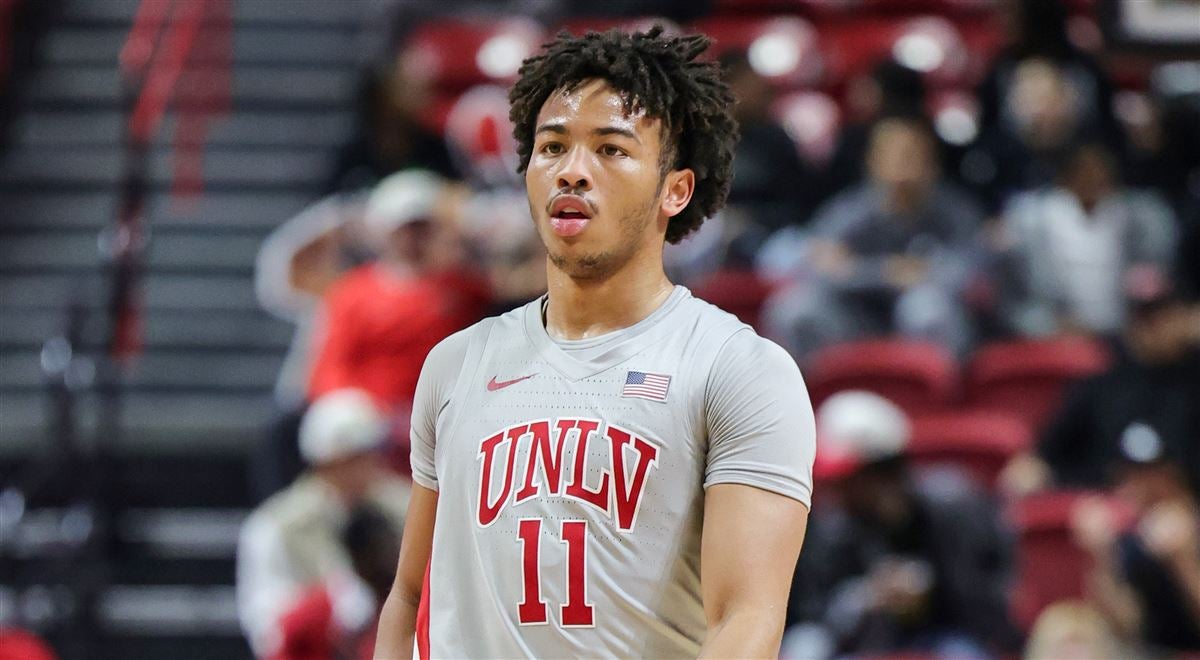
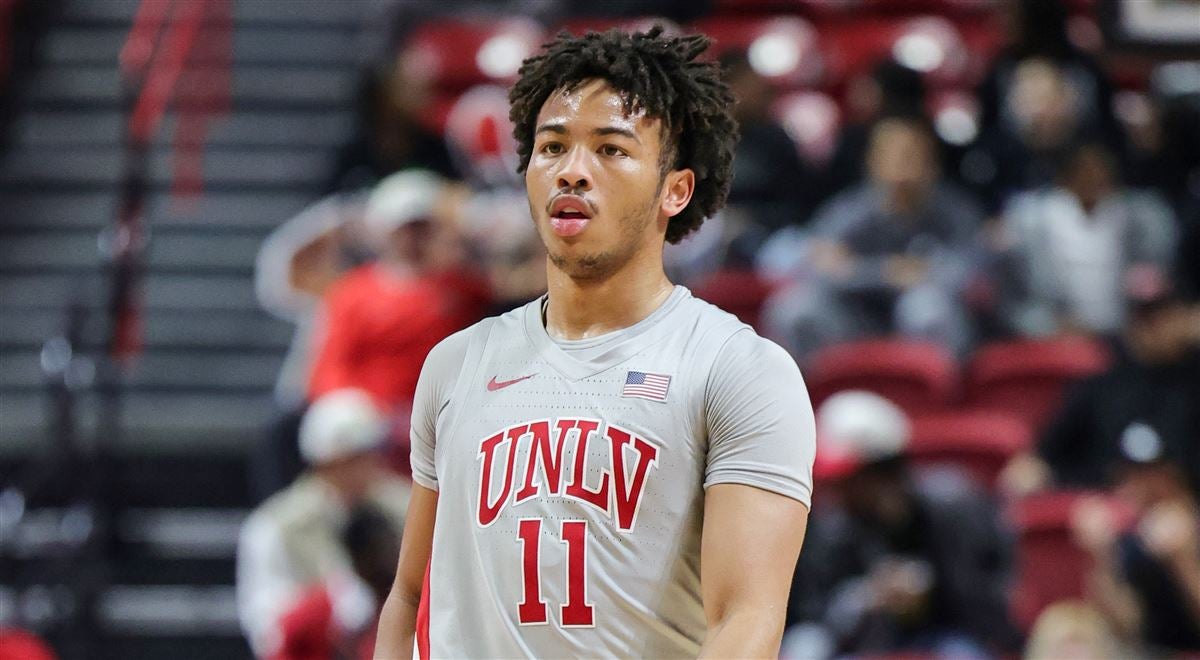
The Florida Gators are looking to reload their roster after winning the third national championship in program history.
On3’s Zach Abolverdi reported Sunday that Florida is hosting Arkansas Razorbacks transfer Boogie Fland for a visit this week. Fland declared for the 2025 NBA Draft but withdrew his name on Tuesday.
Advertisement
Florida won its first national title in college basketball since the 2006-2007 season. Head coach Todd Golden brought a title to Gainesville in just three years with the program.
The Gators beat the Houston Cougars 65-63 to claim the title. Florida was the NCAA Tournament’s No. 1 seed in the West Region.

Florida Gators head basketball coach Todd Golden.© Bob Donnan-Imagn Images
Fland is the No. 10 overall player and No. 4 point guard in the On3 Transfer Portal Industry Rankings. He was a former four-star prospect and the top point guard in the 2024 class.
He was initially a Kentucky Wildcats commit and was going to play for head coach John Calipari. However, Calipari accepted the Arkansas job on April 10, 2024.
Advertisement
Five days later, Fland de-committed from Kentucky and then committed to Arkansas on April 25.
Fland played in 21 games, with 18 starts, for the Razorbacks last season. However, a thumb injury forced him to miss 15 games. When healthy, he averaged 13.5 points per game.
The Gators are losing plenty of talent this offseason. Walter Clayton Jr., Will Richard, Alijah Martin and Denzel Aberdeen are massive losses. Richard was invited to the NBA G League Elite Camp.
Florida’s roster will include new faces, but Golden put one returning player on everyone’s radar. Golden was especially excited about how Thomas Haugh will do in 2025.
Advertisement
Haugh was a reliable scoring option for Florida last season, recording 9.8 points, 6.1 rebounds and 2.2 assists per game.
Related: Jay Bilas Names Program That Was Better Than Florida’s Championship Team
NIL
Deion Sanders doesn’t hold back on why certain college football teams keep winning
Colorado head coach Deion Sanders is pushing for a cap within the Name, Image and Likeness market as college football programs fight to stay competitive in the aftermath of the House settlement. While schools can share up to $20.5 million directly to student athletes this year, the revenue share cap doesn’t apply to third-party NIL […]

Colorado head coach Deion Sanders is pushing for a cap within the Name, Image and Likeness market as college football programs fight to stay competitive in the aftermath of the House settlement.
While schools can share up to $20.5 million directly to student athletes this year, the revenue share cap doesn’t apply to third-party NIL deals. Programs can work with outside partners to give athletes even more opportunities.
Sanders helped turn Colorado around in his second season at the helm, finishing at 9-4 after recording just four wins in 2023.
Despite the promising trajectory of the program, though, Sanders is wary about competing against programs with more backing from an NIL perspective.
“I wish there was a cap,” Sanders said Wednesday at Big 12 Media Days. “You know, like, the top-of-the-line player makes this, and if you’re not that type of guy, you know you’re not going to make that. That’s what the NFL does. So, the problem is you got a guy that’s not that darn good, but he could go to another school and give him a half a million dollars. And you can’t compete with that.”
Larger programs have a leg up in recruiting and maintaining top-tier talent. The last three national championship winners – Georgia, Michigan and Ohio State – were among the country’s biggest NIL spenders.
Ohio State reportedly spent around $20 million to field its national championship roster last season.
“All you have to do is look at the playoffs and see what those teams spent, and you’ll understand darn well why they’re in the playoffs,” Sanders said. “It’s kind of hard to compete with somebody who’s giving 25-30 million dollars to a darn freshman class.”
“It’s crazy,” Sanders continued. “We’re not complaining, because all these coaches up here can coach their butts off… But what’s going on right now don’t make sense. We want to say stuff, but we’re trying to be professional… But the team that pays them more, pays the most, is going to be there in the end.”
All third-party deals totaling over $600, in light of the House settlement, are subject to the NIL Go clearinghouse. That process could begin to reign in unsustainable deals and provide more of an equal playing field.
However, the effectiveness is, and will continue to be, under question, as the current landscape was just instituted on July 1.
NIL
‘Don’t Make Sense’ — Colorado HC Deion Sanders Provides Alternate NIL Idea Amid Inequality in College Football
Deion Sanders stood at the podium during Big 12 Media Days with a message that addressed college football’s biggest problem. The Colorado head coach wasn’t mincing words about NIL deals and the chaos they’ve created. His solution? Stop pretending the current system works and start copying what does. Dive into Try out PFSN’s FREE college […]

Deion Sanders stood at the podium during Big 12 Media Days with a message that addressed college football’s biggest problem.
The Colorado head coach wasn’t mincing words about NIL deals and the chaos they’ve created. His solution? Stop pretending the current system works and start copying what does.

Why Does Colorado HC Deion Sanders Think NIL Creates an Unfair Playing Field?
The college football landscape has shifted rapidly, largely due to the rise of NIL deals. While these opportunities benefit student-athletes, they have also deepened the divide between powerhouse programs and those with limited funding.
Wealthier schools now leverage major donor support and lucrative endorsements to secure elite talent, leaving smaller programs struggling to compete. As these major developments continue to unfold, Sanders has closely monitored them, expressing concern about the NCAA’s uncertain role in this evolving system.
Colorado head coach Deion Sanders has reemerged on the college football stage, and with him comes a renewed critique of the current state of NIL deals. Speaking at Big 12 Media Days, Sanders didn’t hold back while addressing the competitive disparity NIL has introduced into the sport.
He pointed directly at the imbalance in spending among programs and its visible impact on postseason appearances. “All you gotta do is look at the [CFP] and see what those teams spent, and you’ll understand darn well why they’re in the playoffs,” Sanders said.
His frustration was rooted not in the principle of player compensation, which he supports, but in the lack of structure guiding it. Sanders voiced concern over how programs now land recruits based primarily on NIL money rather than coaching or development.
“All you gotta do is look at the [CFP] and see what those teams spent, and you’ll understand darn well why they’re in the playoffs.”
Deion Sanders on NIL and the current state of college football. pic.twitter.com/y6A5C3dWUP
— ESPN (@espn) July 9, 2025
“You got a guy that’s not that darn good, but he could go to another school and they give him a half a million dollars and you can’t compete with that,” he said. “We’re not complaining because all these coaches up here could coach their butts off… but what’s going on right now don’t make sense.”
Sanders noted that schools with the largest donor bases are stockpiling talent, while others simply can’t keep pace financially.
“And you’re talking about equality, not equality, like equal, I guess, equality. And all you have to do is look at the playoffs and see what those teams spent, and you understand darn they’re wider in the playoffs.”
What Solution Does Sanders Propose for College Football’s NIL Problem?
Sanders has long advocated for NIL regulations and, earlier in April, proposed a clear solution: a salary cap mirroring the NFL’s structure.
“There should be some kind of cap,” he said in an interview with USA Today‘s Jarrett Bell. “Our game should emulate the NFL game in every aspect. Rules. Regulations. Whatever the NFL rules, the college rules should be the same.”
Sanders believes a structured cap would allow fairness to prevail across programs of varying size and resources. This approach would level the playing field by preventing the wealthiest programs from simply outspending their competition for top talent.
RELATED: Colorado HC Deion Sanders Takes Cheeky Jab at Texas Tech HC Joey McGuire’s Transfer Portal Activity While Praising Red Raiders
However, the current trajectory suggests his concerns are only growing. As part of a recently approved antitrust settlement in the House v. NCAA case, schools will soon be permitted to share up to $20.5 million annually with athletes. However, for Sanders, that measure falls short of addressing the core issue.
“It’s kind of hard to compete with somebody who’s given $25, $30 million to a darn freshman class,” he said, pointing out the growing gap between schools flush with cash and those without such advantages.
Sanders’ message was direct and uncompromising. Without firm guidelines, the sport risks becoming a predictable cycle dominated by the wealthiest programs. His NFL-style salary cap proposal represents a fundamental shift toward structured competition rather than the current free-for-all approach that has transformed college recruiting into a bidding war.
NIL
Did BYU tamper with Utah's Smith Snowden? Ute DB says no.
Frisco, Texas • Smith Snowden saw the blowback his former teammate Keanu Tanuvasa took for bolting from Salt Lake to Provo this offseason. As fans struggled to comprehend how one of Utah’s best players could make the move to the school’s biggest rival, Snowden understood the hurt. But he also couldn’t help feeling compassion for […]
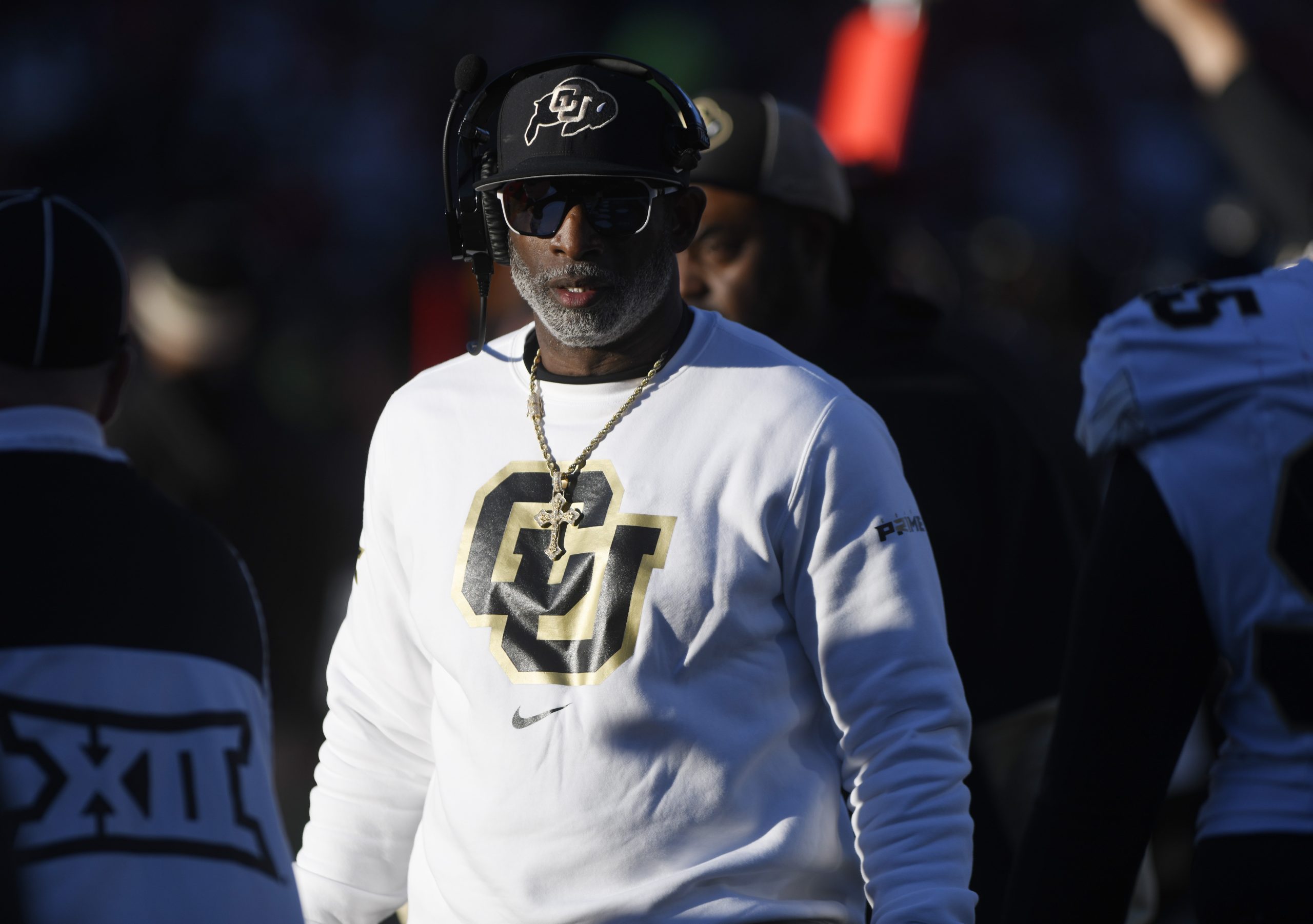
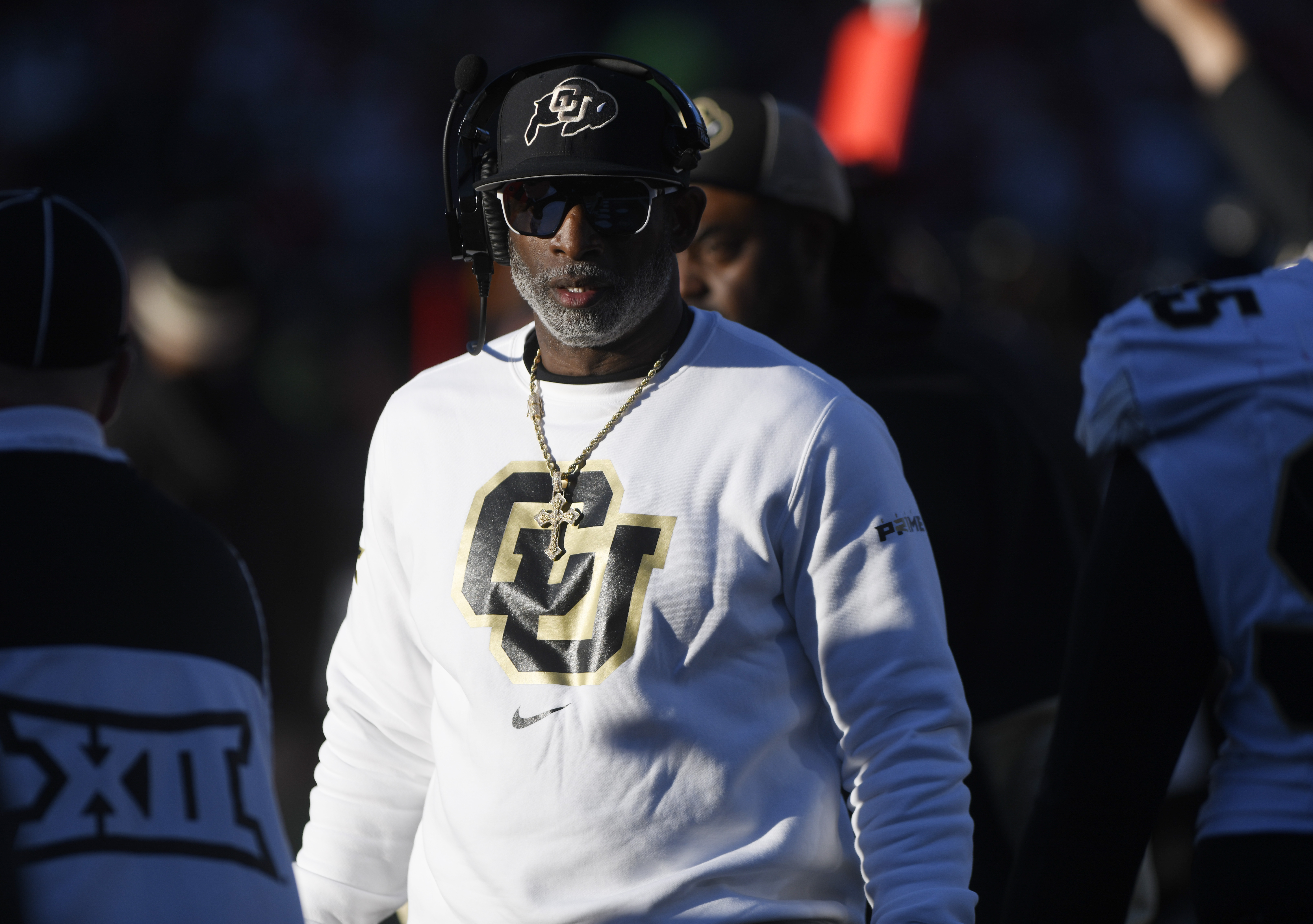
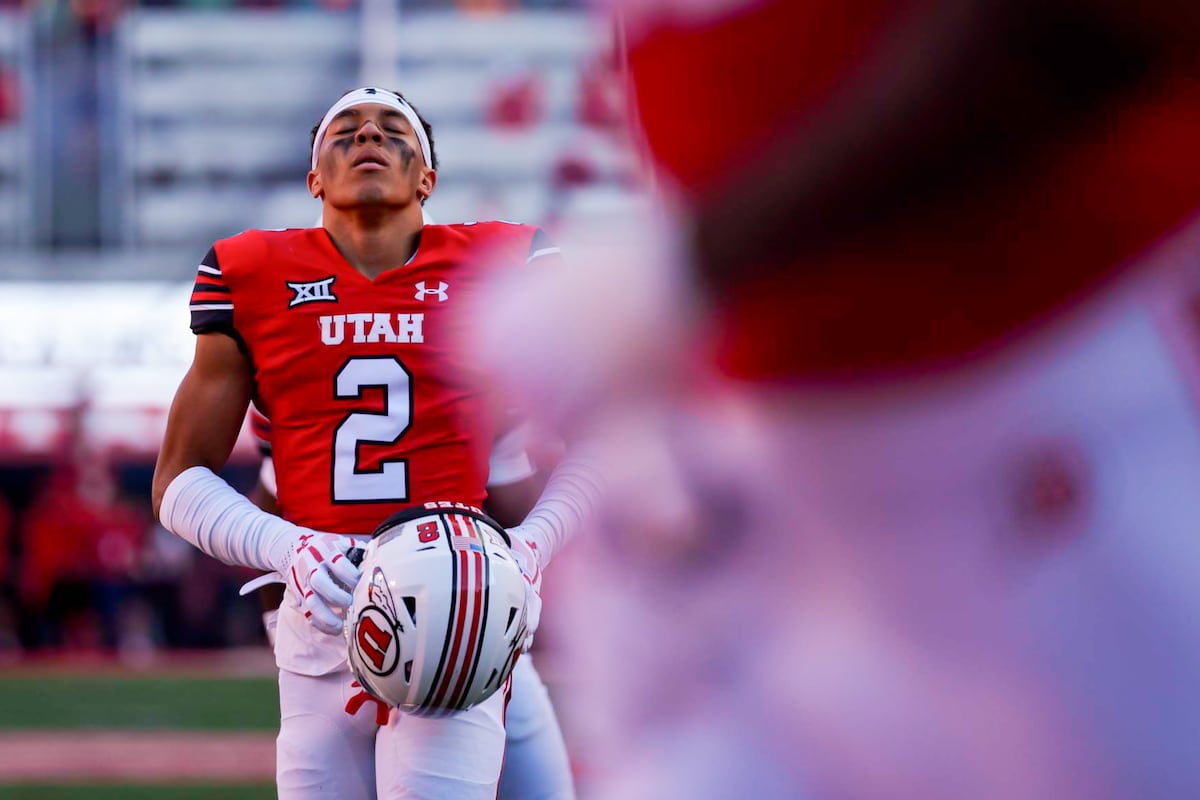
Frisco, Texas • Smith Snowden saw the blowback his former teammate Keanu Tanuvasa took for bolting from Salt Lake to Provo this offseason.
As fans struggled to comprehend how one of Utah’s best players could make the move to the school’s biggest rival, Snowden understood the hurt. But he also couldn’t help feeling compassion for the defensive tackle.
“If that is what he believed was the best for him, good for him,” Snowden said. “There is no bad blood. He was a brother. We sweat together. We bled together.”
Maybe there was a little bit more behind Snowden’s compassion, too, since he can relate to what Tanuvasa’s going through.
Snowden found himself in a similar firestorm this offseason, caught between the two fan bases.
BYU reportedly pursued Snowden, encouraging him to make the move from Utah to the Cougars.
Wednesday at Big 12 Media Days, Snowden confirmed he was recruited to leave Utah for BYU in the offseason.
“It wasn’t directly to me,” he said. “BYU wasn’t the only school [to reach out]. It is kind of what the name of the game is with the transfer portal.”
Snowden was never in the transfer portal. But the junior didn’t feel as though BYU tampered — or illegally reached out to him.
By NCAA rule, a team cannot contact a player directly unless they have entered their name into the transfer portal.
“I wouldn’t say it was any tampering type thing. It was more [through] agents,” he said.
Snowden has been uniquely indoctrinated into the dynamics of the Utah-BYU rivalry. His father, Will Snowden, played at BYU.
Ultimately, Snowden felt staying at Utah was a better fit for him.
“It has never been bad blood with them,” he said. “I just felt my best opportunity was to finish it off with the Ute boys and leave a mark at Utah.”
Since BYU and Utah entered the same conference, the rivalry between the two fan bases seemingly intensified.
“For sure,” Snowden said, agreeing with a smile.
BYU took two players from Utah in the offseason, including Tanuvasa and tight end Carsen Ryan.
But Snowden picked his side — even if he understands those who left.
“I think BYU-Utah went six years without playing each other. With having such a big rivalry, it is kind of weird not to play your rival,” he said. “Being able to have that in-state rival where you play them every year, it is exciting.”
It comes with a little extra drama, too.
NIL
Deion Sanders calls for rev-share cap, points out spending among College Football Playoff teams
With the revenue-sharing era well underway in college football, coaches are evaluating the state of the landscape. Schools are now able to directly share up to $20.5 million with athletes as part of the House v. NCAA settlement. Colorado coach Deion Sanders sees a way to further settle things, though. Speaking during a roundtable at […]
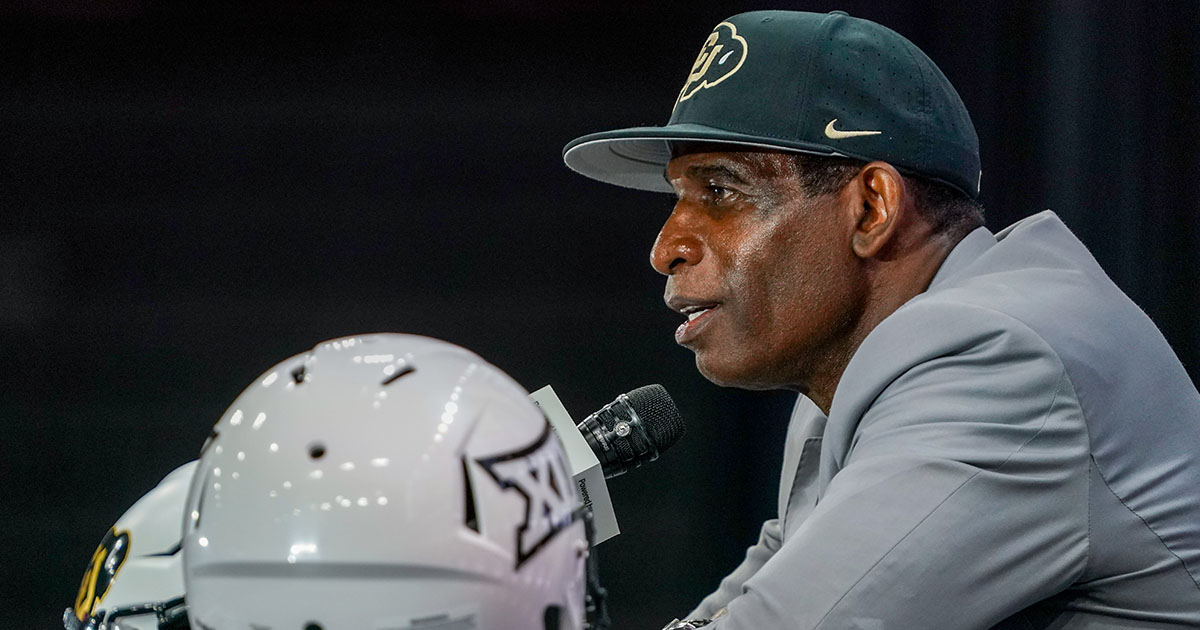
With the revenue-sharing era well underway in college football, coaches are evaluating the state of the landscape. Schools are now able to directly share up to $20.5 million with athletes as part of the House v. NCAA settlement.
Colorado coach Deion Sanders sees a way to further settle things, though. Speaking during a roundtable at Big 12 Media Days on Wednesday, Coach Prime called for a cap on rev-share dollars to shift things toward an NFL-like operation.
To illustrate his point, Sanders pointed out last year’s College Football Playoff and the conversations around roster costs. National champion Ohio State made headlines with its roster, worth upward of $20 million.
“I wish there was a cap,” Sanders said during the panel. “Like, the top-of-the-line player makes this and if you’re not that type of guy, you know you’re not going to make that. That’s what the NFL does. The problem is, you’ve got a guy that’s not that darn good, but he could go to another school and they give him another half a million dollars. You can’t compete with that. It don’t make sense.
“You talk about equality … all you have to do is look at the playoffs and see what those teams spent, and you understand darn near why they’re in the playoffs. It’s kind of hard to compete with somebody who’s giving $25, $30 million to a darn freshman class. It’s crazy.”
Ohio State’s 2024 roster was considered one of the more expensive rosters in college football last season as the Buckeyes took down Notre Dame to win the national championship. This year, though, roster costs continued to grow as teams braced for the House v. NCAA settlement.
On3’s Pete Nakos previously reported those figures soared toward $25 to $30 million on the higher end before the settlement’s approval. Once Judge Claudia Wilken issued her order, the NIL Go clearinghouse went into effect for deals worth at least $600. That led to frontloading of deals during recruitments prior to final approval.
But even with the rising costs of rosters and the ever-changing landscape, Deion Sanders said coaches still have to develop players. That said, he also reiterated what spending big money on a roster can do when the postseason comes around.
“We’re not complaining, because all these coaches up here can coach their butts off and given the right opportunity with the right players and to play here and there, you’ll be there,” Sanders said. “But what’s going on right now don’t make sense. We want to say stuff, but we’re trying to be professional.
“But you’re going to see the same teams darn near at the end, and with somebody who sneaks up in there, the team that pays the most is going to be there in the end.”
NIL
CFB revenue-sharing causing massive shift in NIL collectives, private equity money
The world of college sports has shifted more in the last few years than it has in almost its entire existence. With NIL, the transfer portal, and more popping up and changing in the blink of an eye, it can be hard to keep up with everything happening. With the most recent change, or adjustment, […]

The world of college sports has shifted more in the last few years than it has in almost its entire existence. With NIL, the transfer portal, and more popping up and changing in the blink of an eye, it can be hard to keep up with everything happening.
With the most recent change, or adjustment, the House settled with the NCAA and ruled that colleges and universities could directly pay their athletes, a virtual pay-to-play situation for college athletes.
You might be thinking, “How is that any different from the NIL collectives and funds that have been in place for the past couple of years?”
Honestly, that’s a really great question, one that even some college athletic departments are trying to grapple with as we speak. These universities built million-dollar funds through boosters, donations, NIL deals, and more.
Now, those funds are rapidly getting cut as schools no longer have to use a “workaround” to get their players the most amount of money possible. Yet another shift in college sports.
The NIL Go Clearinghouse was created within the House settlement as a virtual vetting system for various NIL deals that continue to pop up, even with programs directly paying athletes, and is run by the brand-new College Sports Commission.
Beyond NIL deals and getting a paycheck signed over to them by their teams, college athletes now have a big question surrounding them:
“Is it possible for private equity funds to pay collegiate athletes without crossing any of the House settlement lines?
For now, the answer is still unknown. Colleges are having to look between the lines to ensure that they aren’t walking themselves or their players into a sticky situation, mainly because this has never been a situation before.
Currently, the Texas Tech Red Raiders are the frontrunners in the learning curve, already writing a three-year $5.1 million check over to five-star offensive tackle Felix Ojo, and preparing to write an even bigger one to land LaDamion Guyton, the No. 1 prospect in the class of 2027.
To put it simply, most questions you’re possibly asking are being asked by everyone else, including the bigwigs in the NCAA and athletic departments. Most of the answers to those questions are still unknown, and may be for quite a while.
NIL
Jayden Anderson Enters The Transfer Portal
Virginia Tech true freshman wide receiver Jayden Anderson has entered the transfer portal. The news was first reported by On3. Anderson signed with the Hokies out of Green Run High School (Virginia Beach) last December, and he enrolled at Virginia Tech this summer. The slot receiver prospect was the No. 20 prospect in Virginia by […]

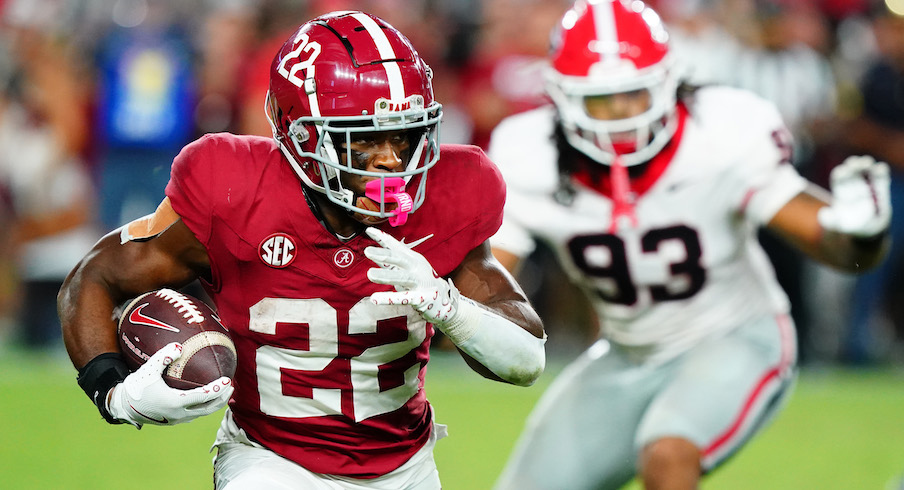
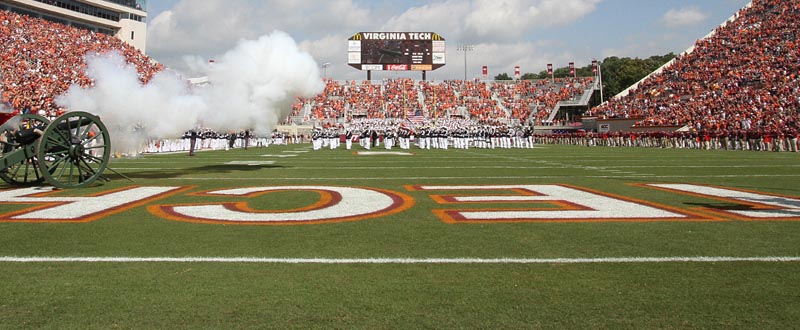
Virginia Tech true freshman wide receiver Jayden Anderson has entered the transfer portal. The news was first reported by On3.
Anderson signed with the Hokies out of Green Run High School (Virginia Beach) last December, and he enrolled at Virginia Tech this summer. The slot receiver prospect was the No. 20 prospect in Virginia by the 247Sports composite rankings, and he was expected to redshirt his season.
Anderson’s departure leaves the Hokies with 95 scholarship players, including 12 wide receivers.
-

 Technology2 weeks ago
Technology2 weeks agoPet fitness and wellness trends for a healthier and happier dog
-

 College Sports2 weeks ago
College Sports2 weeks agoWAC to Rebrand to UAC, Add Five New Members in 2026
-
College Sports3 weeks ago
Women's Basketball Thanks Shannon LeBeauf for 14 Seasons
-

 Motorsports1 week ago
Motorsports1 week agoWhy Cosmetics are Making Up for Lost Time in Women’s Sports
-

 Professional Sports3 weeks ago
Professional Sports3 weeks agoAlex Pereira responds to rumors of UFC heavyweight title fight with threatening message
-

 College Sports3 weeks ago
College Sports3 weeks agoAlabama Basketball
-

 Professional Sports3 weeks ago
Professional Sports3 weeks agoFrancis Ngannou sends Dana White a message following Jon Jones' shock UFC retirement
-

 College Sports2 weeks ago
College Sports2 weeks agoA new era of Dickinson hockey begins behind the bench – The Dickinson Press
-

 Motorsports2 weeks ago
Motorsports2 weeks agoNASCAR This Week – Patriot Publishing LLC
-
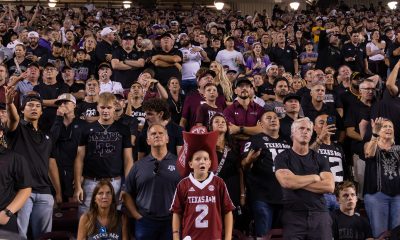
 Sports2 weeks ago
Sports2 weeks agoSEC Conference imposing a fine will create the opposite effect.













 | #Shorts
| #Shorts

















